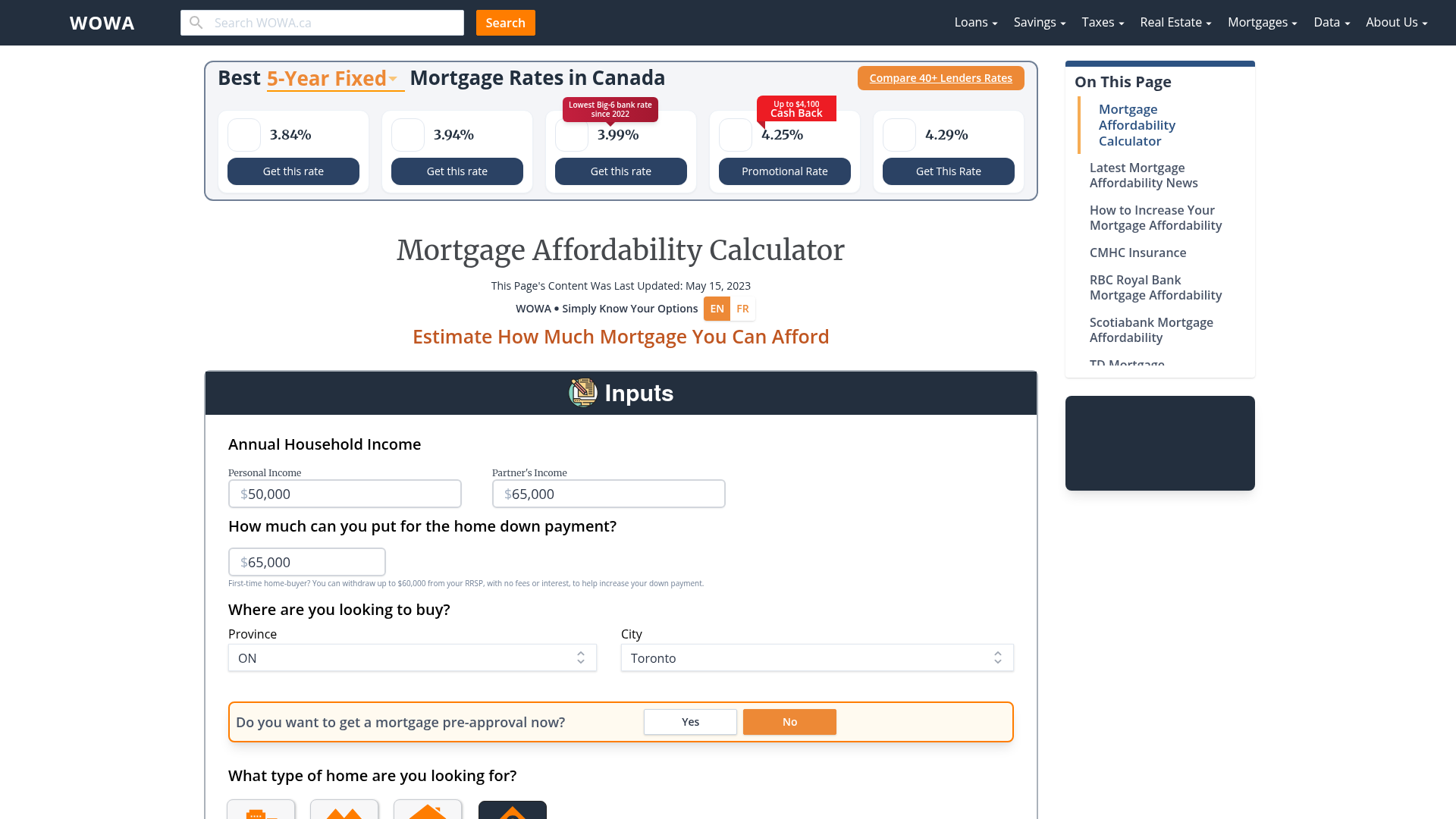
LLOYDS TSB LOAN CALC PLUS
This will be possible as soon as you've built up enough equity in your property (by paying down your mortgage plus any growth in its value). The best way to minimise this risk is to remortgage as soon as you can to a deal which doesn't require a guarantor. However, if missed repayments mean that the lender has to repossess and sell your property, both you and your guarantor would usually be responsible for any shortfall if the property is sold for less than the amount still owed on the mortgage.įor example, if you owed the lender £150,000 but they were only able to recover £125,000 by repossessing and selling your property, the £25,000 difference could be taken from your guarantor's savings or property, depending on what they used to guarantee the mortgage. If you don't miss your repayments, your guarantor won't have to do anything. Guarantor liability if you can't pay your mortgage You can find out more about the risks and alternatives in our guide to how parents can help first-time buyers. Received legal advice: a requirement from some lenders in order to confirm guarantors are aware of the risks.A good credit history: so lenders can trust that they are financially reliable.


On the plus side, guarantor deals might help you get a mortgage or allow you to borrow more. Some guarantor mortgages even allow you to borrow 100% of the property's value by using your parent's collateral in place of a deposit. This usually involves them offering their home or savings as security against the loan, and agreeing to cover the mortgage payments if the homeowner defaults (misses a payment).

A guarantor mortgage is a home loan where a parent or close family member takes on some of the risk of the mortgage by acting as a guarantor.


 0 kommentar(er)
0 kommentar(er)
